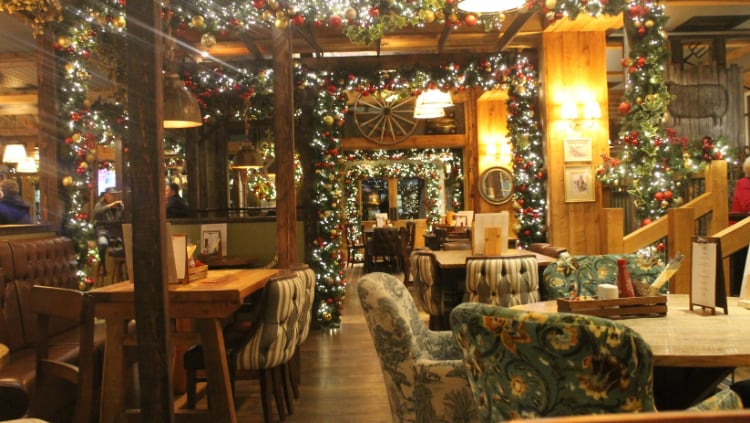More than half of businesses (55%) reported Christmas and new year trade was as strong as they hoped for, according to workforce management specialist Bizimply.
“The recruitment challenge continues to be a key concern for hospitality employers,” said Bizimply chief executive Conor Shaw. “The real-time data from employees checking in and out of work shows hours worked by employees increased significantly across Christmas and the new year.
“However, employers are also very aware that in the longer term, especially as the economy start to recover, they will need to recruit new employees to expand their existing teams.”
No improvement expected
Shaw continued: “Almost a third of employers have told us they expect no improvement in the problems of recruiting front-of-house staff in the year ahead, rising to almost two thirds who expect to see no improvement when it comes to recruiting kitchen staff.”
Analysis of data from thousands of outlets and tens of thousands of employees across hospitality showed the average hours worked per employee per week increased from around 28 hours in October up to around 32 hours during the second half of December.
Having increased steadily throughout 2022, the number of active employees in hospitality was close to its post-pandemic high in December, matching the levels seen at the hottest parts of the summer of 2022 when customers were seeking refuge from the heatwave. This was particularly true in wet-led businesses, which saw an increase of around 10% in the number of active employees during December, compared to an increase of around 5% for the hospitality sector as a whole.
However, a prediction of reduced consumer spending power has led to a decrease in staff numbers since the new year of about 5% has been coupled with average shift lengths down to 25 hours but has risen in the second week of January.
Recovery halted
Bizimply’s survey of hospitality employers found 66% did not have enough staff available in December, prompting them to ask existing employees to work longer hours; 30% do not expect front-of-house recruitment problems to improve this year; and 60% do not expect kitchen recruitment problems to improve this year.
Shaw added: “The concern for employers now is that recruitment problems will put the brakes on any recovery. Although consumers are understandably cautious, there is already evidence that hospitality businesses are increasing employee numbers and hours.
“Those businesses using effective workforce management software to schedule and employees and manage availability, freeing up managers to lead their teams, will be best place to respond quickly to any upturn in consumer sentiment.”




